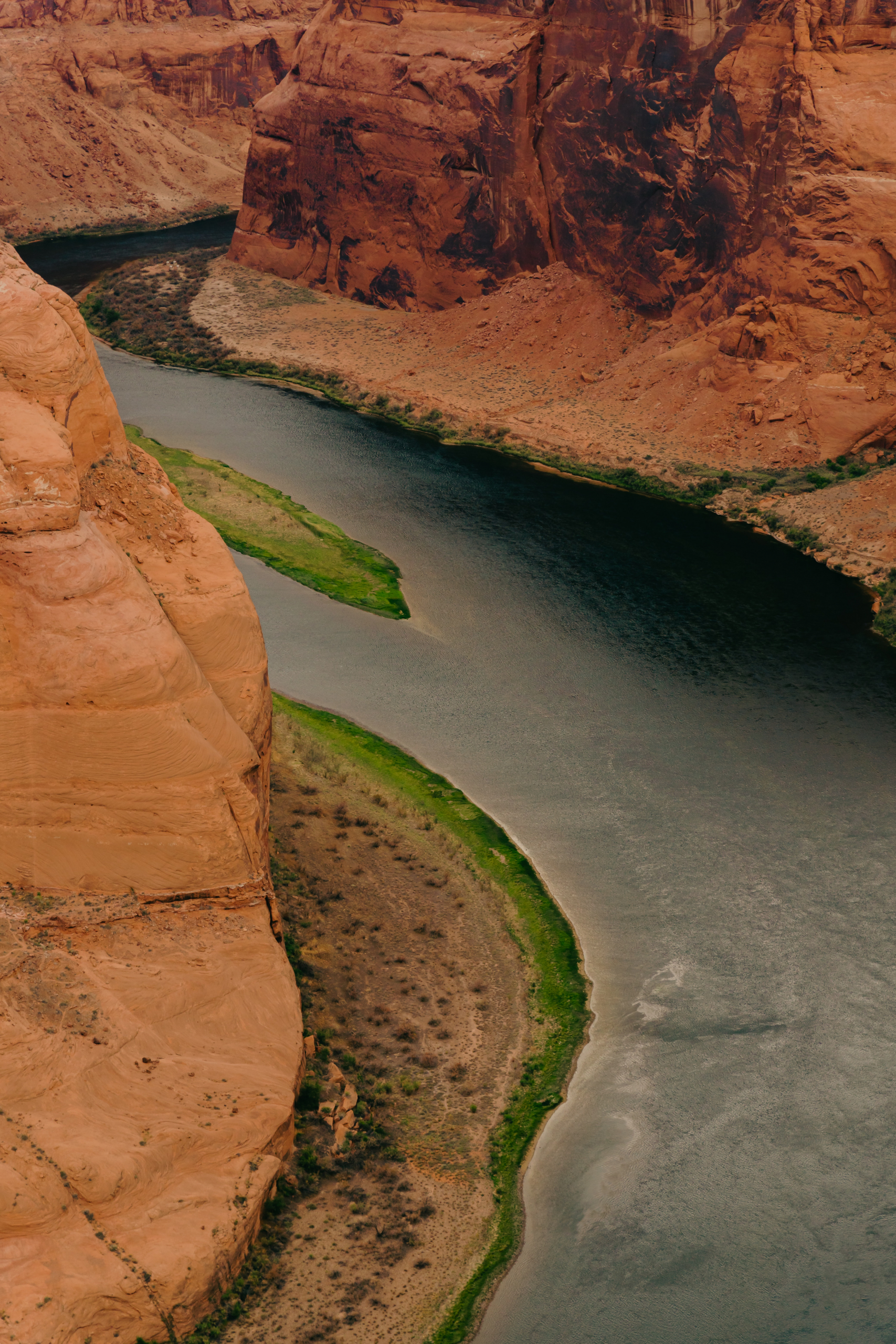March 20, 2023
Climate Change Threatens the Colorado River: What Needs to Be Done
Book a Demo
The Colorado River is one of the most important sources of water in the Western United States. It supplies water to over 40 million people across seven states, and supports agriculture, industry, and recreational activities. However, in recent years, the river has been under increasing pressure due to climate change and overuse, raising concerns about its long-term sustainability.
President Biden has recently drawn attention to the issue, warning that climate change could cause the Colorado River to dry up. In a speech delivered at a DNC fundraising event in August 2021, Biden said, “The Colorado River, if you look at it, is way down. Why? Because you’ve got a drought, and the climate change is sucking the water out of the ground underneath it.”
Biden’s comments have sparked a debate about the impact of climate change on the Colorado River and what can be done to address the issue. Some have accused the president of exaggerating the threat, while others have praised him for drawing attention to a critical issue.
So, is it possible that climate change could dry up the Colorado River? The short answer is yes. Climate change is causing more frequent and severe droughts in the Western United States, which in turn is reducing the amount of water available in the Colorado River Basin. According to a report by the Bureau of Reclamation, the Colorado River could face a shortage of up to 3.2 million acre-feet by 2060 due to climate change.
This is a significant problem, as the Colorado River is already overallocated, meaning that more water is being taken out of the river than is being replenished. If the river continues to shrink, it could have major implications for water users across the region, including cities, farmers, and industries.
What can be done to address this issue? Biden has called for greater investment in climate resilience and infrastructure, including water storage and conservation measures. He has also proposed a $1.2 trillion infrastructure package that includes funding for climate-related initiatives, such as electric vehicle charging stations and renewable energy projects.
However, some experts argue that more needs to be done to address the root causes of the problem, including reducing greenhouse gas emissions and curbing water use. They point out that the Colorado River Basin is home to some of the highest water users in the country, including large agricultural operations and urban centers like Los Angeles and Las Vegas. In order to ensure the sustainability of the river, these users will need to make significant changes to their water usage patterns.
Biden’s warning about the impact of climate change on the Colorado River is not an exaggeration. The river is already under significant pressure, and climate change is only making the problem worse. While investment in climate resilience and infrastructure is important, it will also be necessary to address the underlying causes of the problem, including reducing greenhouse gas emissions and curbing water use. The fate of the Colorado River is inextricably linked to the fate of the Western United States, and addressing this issue will require a concerted effort from policymakers, water users, and the public at large.



